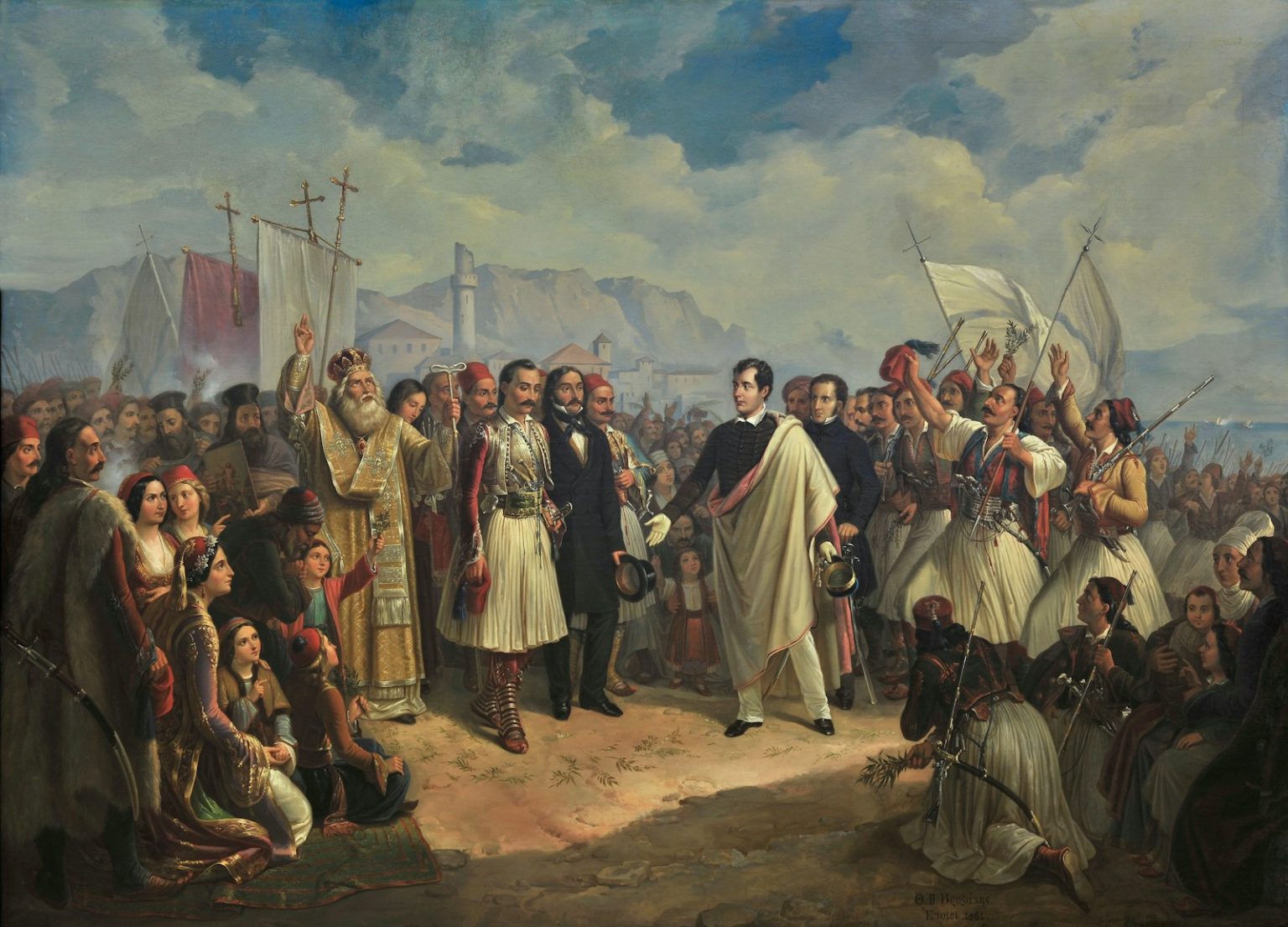The Declaration Before “The Declaration”
What struck me most was learning more about the Mecklenburg Declaration – a bold statement of independence signed on May 20, 1775, more than a year before the Continental Congress adopted the Declaration of Independence on July 4, 1776.
This isn’t about diminishing the importance of Jefferson’s document or the Continental Congress. Rather, it’s about recognizing that the spirit of American independence was already burning brightly in Charlotte well before 1776. An outnumbered group of Charlotte Patriots took a stand that would help shape our nation’s future.
The Mecklenburg Declaration doesn’t discredit the importance of the declaration of independence that our congress adopted on July 4, 1776. It merely sheds light on the impact an outnumbered group of Charlotte Patriots had on our nation’s history.
View this post on Instagram
Why This Matters Today
As I walked the historic streets of Charlotte during the tour, I couldn’t help but reflect on what this means for how we understand American history. Too often, we simplify our founding story to a few key dates and famous names. The reality was far more complex and grassroots than many of us learned in school.
What I find most inspiring about the Mecklenburg Declaration is how it demonstrates that:
- Revolutionary ideas were bubbling up throughout the colonies, not just in Philadelphia
- Ordinary citizens in small communities were willing to risk everything for liberty
- The American independence movement was truly a bottom-up revolution
These local Patriots weren’t waiting for permission from colonial leaders. They saw injustice and acted with remarkable courage, knowing they could face execution for treason.
Reclaiming Our Full History
Fleming’s work reminds me that we need to dig deeper into our local histories. The story of American independence isn’t just about a few famous men in Philadelphia – it’s about countless communities like Charlotte where brave individuals took stands that collectively created the momentum for revolution.
I’m particularly struck by how this chapter of history has been overshadowed. How many other critical moments in our founding have we lost or minimized? What other contributions from smaller communities have been forgotten?
We owe it to ourselves and future generations to recover these stories. They remind us that nation-changing movements don’t just come from the centers of power but from committed citizens in communities across the country.
Finding Gratitude in Our History
Walking through Charlotte with Fleming’s insights fresh in my mind, I felt a renewed sense of gratitude for those early Patriots. Their willingness to risk everything for principles they believed in set the foundation for the freedoms we enjoy today.
I’m thankful for historians like David Fleming who work tirelessly to bring these overlooked stories back into our national conversation. By showcasing the sacrifices and courage displayed by these Charlotte Patriots, he helps us develop a richer, more complete understanding of our nation’s founding.
As we face our own challenging times, these stories of courage from ordinary citizens can inspire us. They remind us that meaningful change often starts in small communities when people stand together for what they believe is right.
Who are you grateful for in our nation’s history? And what forgotten stories from your own community might be waiting to be rediscovered?







